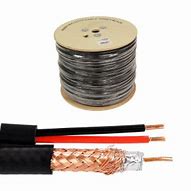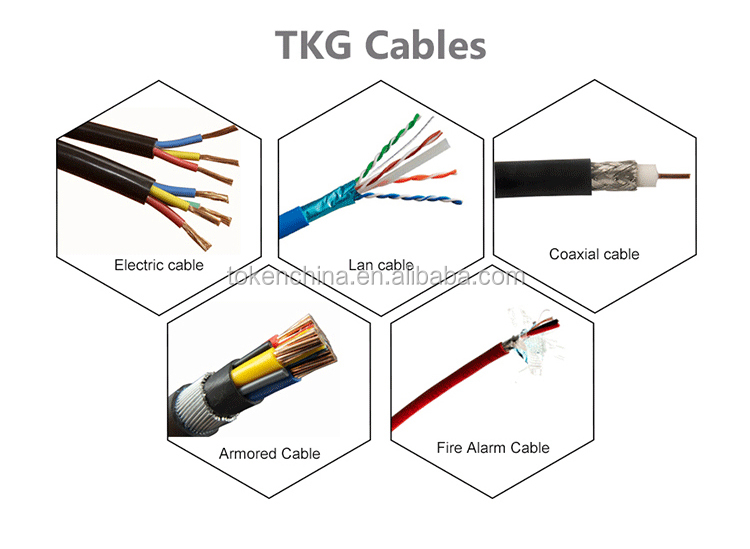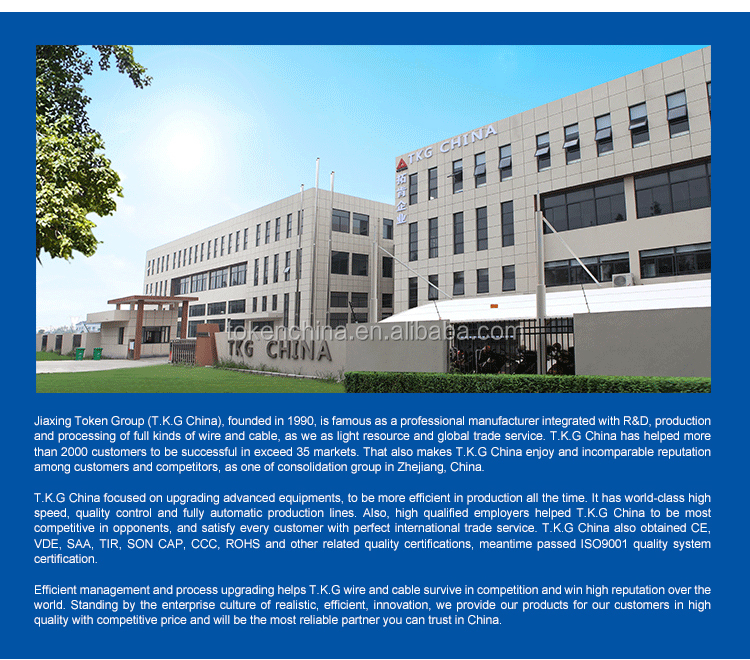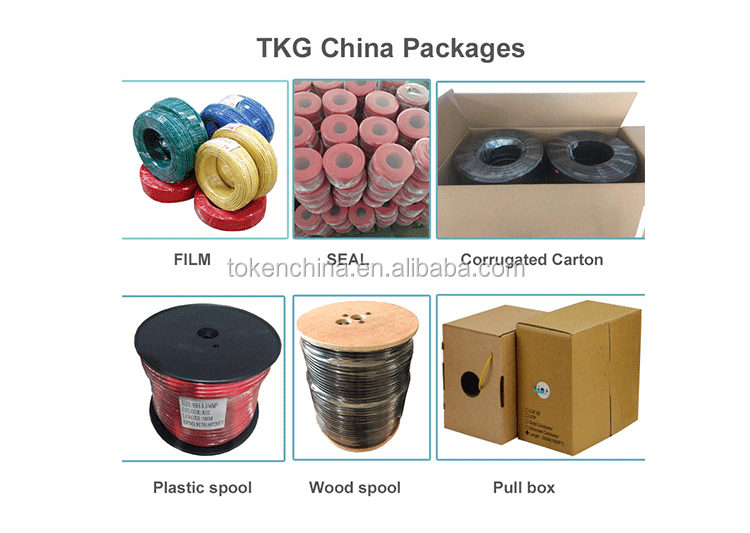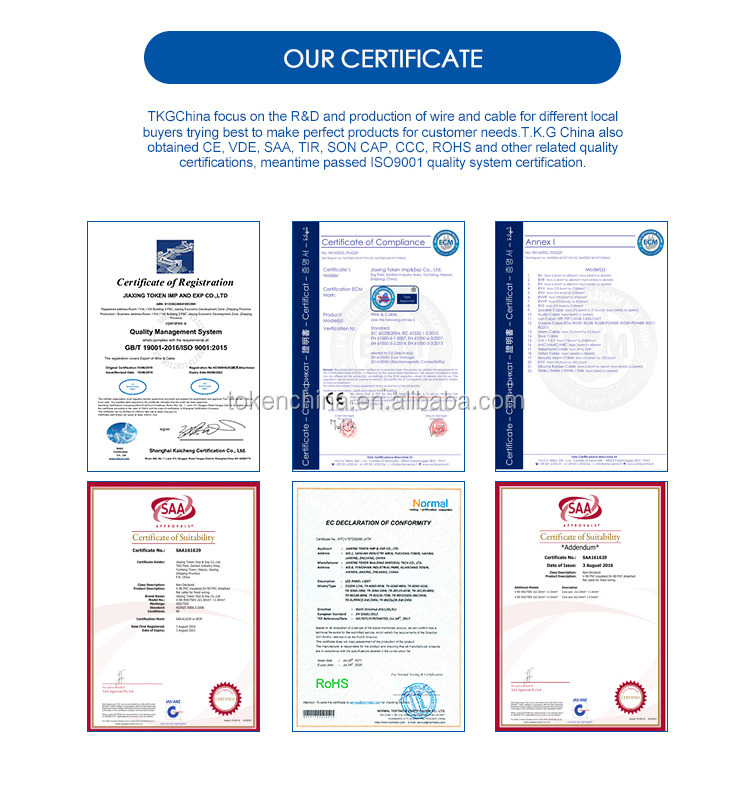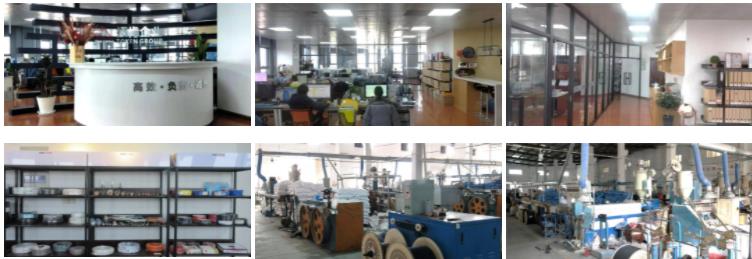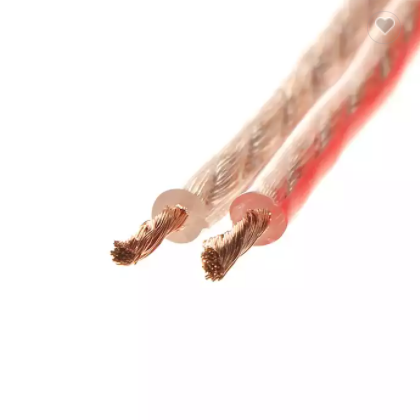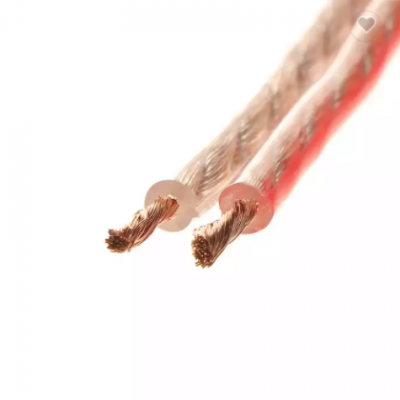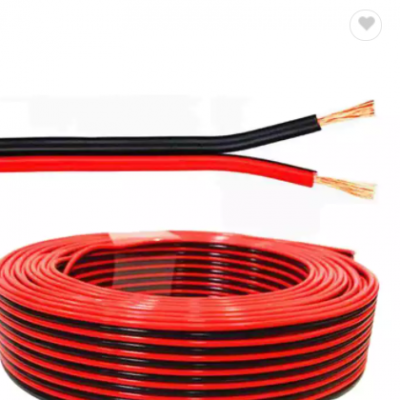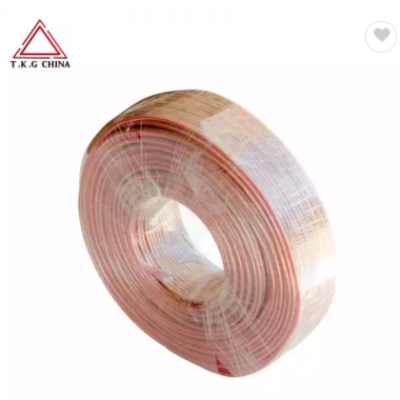Generally speaking, resistance starts to have an effect on the performance of a speaker when resistance is greater than 5% of the
speaker’s impedance. Resistance is affected by two key aspects: wire length and the cross sectional area of the wire. The shorter
the wire is, the less resistance it will have. The trick here is to minimise wire lengths where possible but still ensure your
speakers are positioned apart (if you missed out on our speaker positioning guide, shame on you! Read it here). It’s also
important that the wire lengths to both speakers are the same to ensure they both have equal impedance values.
The cross sectional area of the wire is referring to the thickness, or gauge, of the wire. The thicker a wire or the lower the
gauge, the less resistance. It is therefore a combination between speaker impedance, length and gauge that affects the resistance.
The below table illustrates suggested cable lengths that will ensure your cable has a resistance less than 5% of your speaker’s
nominal impedance given differing gauge measurements.

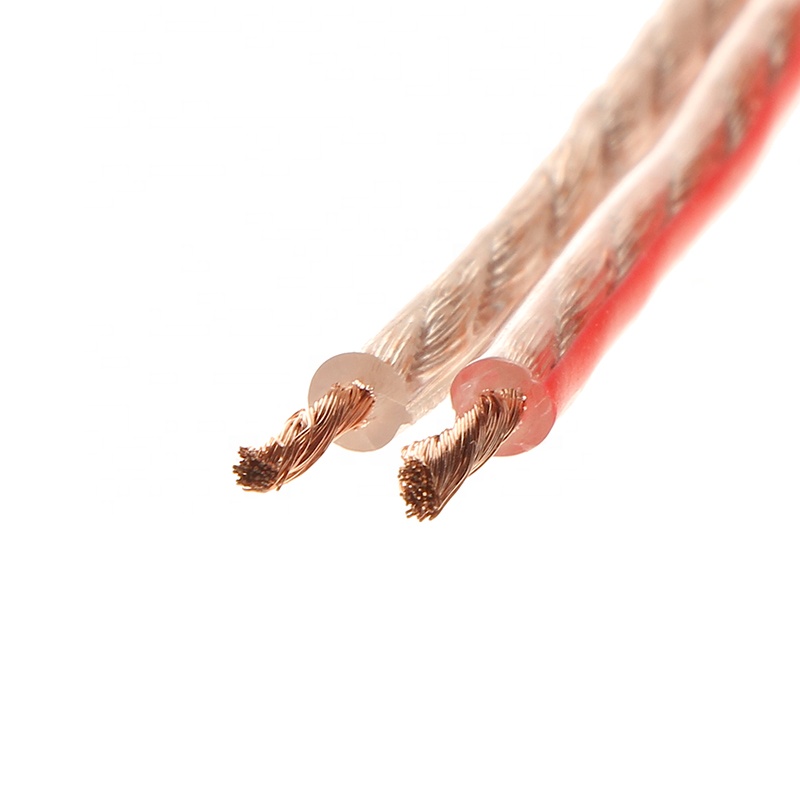

PRODUCT CONFIGURATION
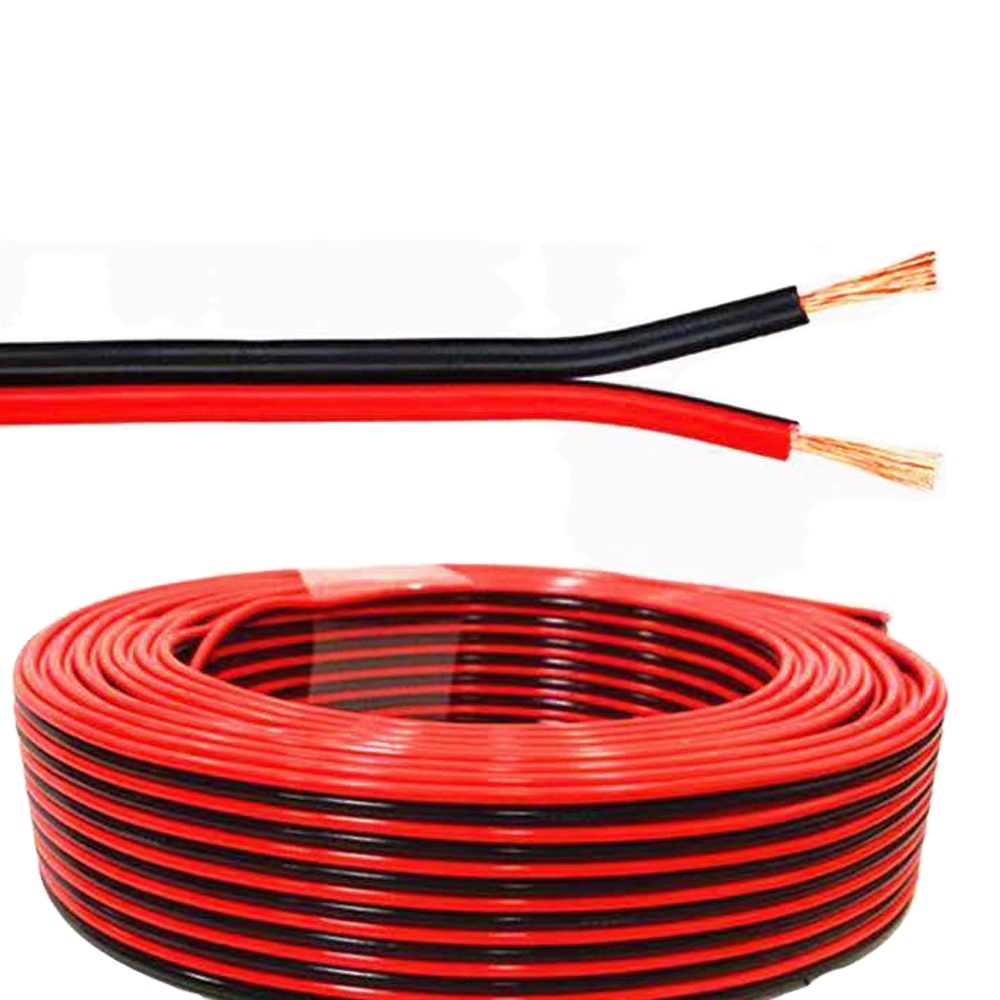
CHANGCHAI high power engine
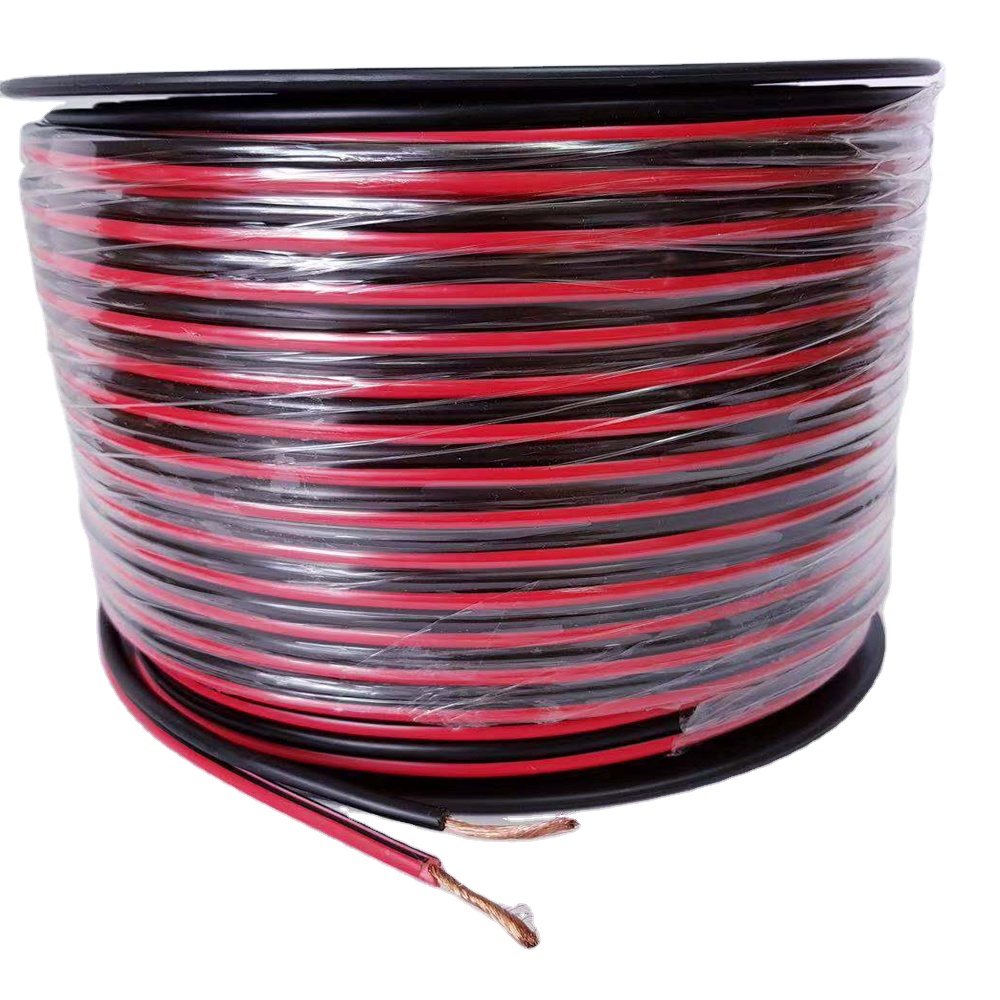
imported EATON control valve

Japan Shimadzu hydraulic motor
SALES AND SERVICE NETWORK
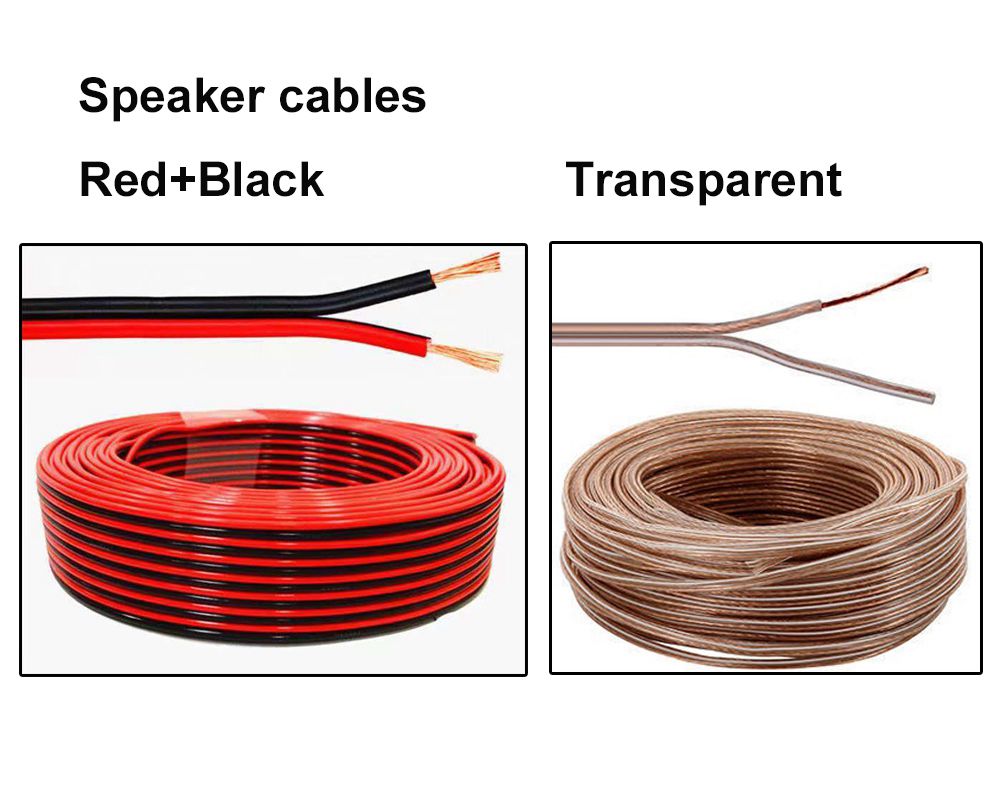
SIMILAR PRODUCTS
